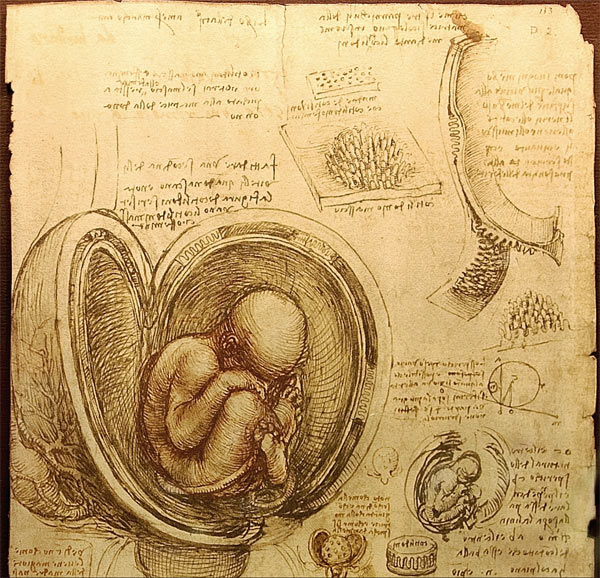Analysis of theories on the periodization of ontogenetic development
godflesh·@godflesh·
0.000 HBDAnalysis of theories on the periodization of ontogenetic development
In order to consider the essence of this topic, it is good to first clarify the meaning of ontogenesis - it is the individual development of the person from his birth to the end of his life. The subject of "human development" has a bio-social dimension formed over hundreds of thousands and millions of years, some of which are present in the genetics of modern man, and others have dominated and extinguished in the course of the evolutionary process called anthropogenesis.  [image source](https://orvostudomany.blog.hu/2012/02/28/indulunk_800) According to the great Soviet psychologist B. Lomov, anthropogenesis, together with the origin of the physical world and the origin of life, constitute the three fundamental problems of modern science. Scientists have long tried to identify the relationship between onto- and philo-genesis in the living world, and in particular in humans. Some of the great psychologists have directly applied Ernst Heckel's biogenetic law to psychology by insisting that mental ontogenesis is a brief recurrence of psyche philology. Here is an important question about what factors influence the person's psyche during this period and how much mental development can speed up, how to do that, and so on. There are disputes around this issue, different schools and directions have been formed with different interpretations. The directions here are two: - biogenetic - where the heredity in the development of the psyche is considered to be the most important and nothing can change. Psychologists have the task of establishing the level of innate abilities and thus determining the development of the child. Follower of this position here is Hans Eisenk; - sociogenic - here all people are born with equal opportunities and their development depends on the factors of the social environment. One of the most famous stories here is behaviorism, which thinks development is the accumulation of reactions - knowledge, skills, habits, and so on. The theory of convergence of the two factors of Wilhelm Stern is a direction that seeks to bring the two strands closer together. He says the environment catalyses the pace of mental development without bringing something quality into it. In conclusion, all theories ignore the active participation of the person himself, believing that no one can choose the heredity, the social environment. But a man makes his own destiny. Even with childbirth, the child begins to contact people, assimilates human experience. Another important explanation on the subject is what this life cycle means - the rhythm of spending the human life forces - physically and mentally - throughout human life.